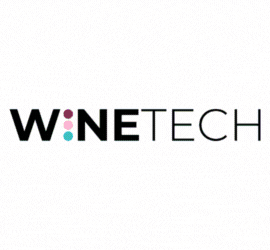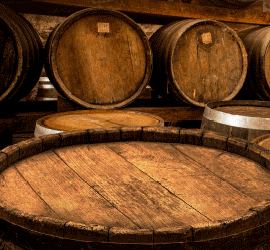Despite decreasing levels of wine knowledge, the world’s wine consumers are caring more about the category, according to Wine Intelligence’s 2020 Global Trends in Wine report.
Global Trends in Wine 2020, published this week, discloses how consumers in the world’s major consumption markets for wine have become increasingly involved with the wine category.
Conversely, consumers’ wine knowledge has decreased, most likely due to the diminished need to retain facts and the increased accessibility of immediate, at-hand information via smartphones.
Amongst key markets, Australia and Japan have seen the highest growth in involvement in the wine category over the last five years.
In Japan, the percentage of wine consumers who are highly involved in the category has risen from 36% in 2015 to 41% in 2019, with Australia’s high involved wine population rising from 30% to 36% of all adult monthly wine drinkers.
Meanwhile, consumers in China and the US have experienced a sharp decline in their wine knowledge between 2015 and 2019.
The index for Chinese consumers fell 6 points from 34.7 to 28.6 and US consumers saw a similar knowledge index drop from 34.2 to 28.8.
Wine Intelligence’s recalled wine knowledge index is calculated based on consumer-reported awareness of wine-producing countries, regions, varietals and brands, and represented on a zero to 100 scale where a higher score represents more knowledge.
One of the consistent findings across markets is that female wine drinkers have at least the same or even higher levels of wine knowledge, but they are often less involved in the category compared to men, especially in English-speaking markets. In the UK, 40% of male wine drinkers are highly involved in the category, compared with only 28% of female drinkers; yet the knowledge index scores for UK female wine drinkers are higher (42.8) than their male counterparts (40.3).
Premium wine drinkers, or those spending over USD 15 or equivalent in the off-premise at least once a month, are not substantially more knowledgeable about wine compared to non-premium wine drinkers.
Nevertheless, premium wine drinkers are more confident with wine than other drinkers, with premium wine drinkers in the US and UK scoring over seven points higher on Wine Intelligence’s wine confidence index than non-premium wine drinkers – based on the extent to which consumers feel competent about their wine knowledge.
On the findings, Lulie Halstead, CEO of Wine Intelligence commented, “Until relatively recently wine used to be seen by many people as complex and intimidating”.
“Thanks in part to the information revolution, consumer confidence in wine is on an upward trajectory, which will hearten all those producers and brand owners who can offer high quality products alongside compelling brand stories.
“The corollary to this seems to be that we no longer need to carry round lots of knowledge in our heads – we can be more adventurous without as much prior research. This will bring challenges to more long-established wine producers and production areas, which will have to fight harder to retain their historic dominance of the category.”





















